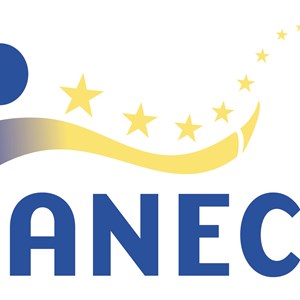NEWS

SBS has launched a new and updated version of its SME Compatibility Test for Standards. The Compatibility Test, originally launched at the end of 2020, provides an overall appraisal of the SME compatibility of a given standard. The Compatibility Test is based on CEN and CENELEC and ISO Guide 17 “Guidance for writing standards taking into account micro, small and medium-sized enterprises (SMEs) needs”.

Last year, Standards Norway carried out a dedicated project to improve the information provided to prospective and newly appointed participants in standardization work. The objective was to streamline communication and ensure that committee members receive clear, accurate, and relevant information.

ANEC welcomes the revision of Regulation (EU) 1025/2012 and supports focused amendments that strengthen, rather than overhaul, the European Standardization System.

The European Commission is expected to publish its proposal to revise the EU regulatory framework on standardization in the second half of this year. In December, the ETUC contributed to this process by submitting its response to the Commission’s public consultation, which sought stakeholders’ views on the key priorities for updating the current regulation.

Austria has a wide variety of climatic conditions within a small area: there are numerous valleys and different altitudes, meaning that snow loads can vary considerably within a small radius. ÖNORM B 1991-1-3 therefore refers to the snow load map created by GeoSphere Austria (Austria's national agency for weather, climate, and geodata), which is available free of charge at hora.gv.at.

Digital standards increasingly shape how digital markets function, how public services are delivered, and how innovation scales across borders. From digital identification and payment systems to Digital Product Passports (DPP), data exchange, and cybersecurity, standards form the technical foundation of the digital economy. The World Development Report 2025 (WDR) highlights that these standards are not neutral: they embed choices about interoperability, competition, and governance. This perspective is also reflected in the European Framework for Science Diplomacy, which recognizes standards as practical instruments for international cooperation, trust-building, and market shaping.

As a partner of the Horizon Europe funded project Edu4Standards.eu, CEN and CENELEC are establishing the first ever student association dedicated to standardization.


The Croatian Standards Institute (HZN) is pleased to inform you that Ms Ana Marija Boljanović has been appointed as the new Director General of HZN, starting from January 9th, 2026.

We are pleased to inform you about the upcoming CEN and CENELEC activities in 2026.